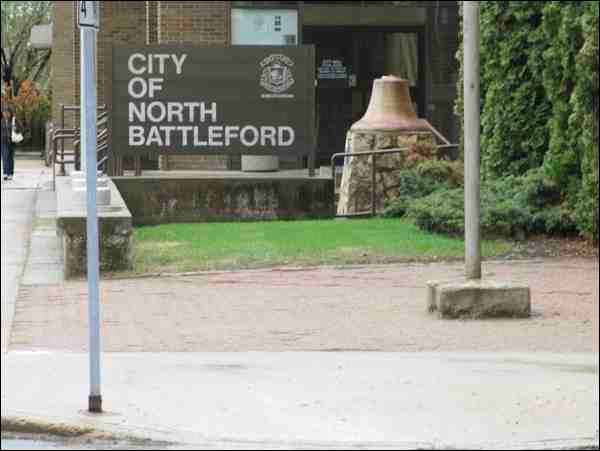Refunding the entry fees for the less-than-amazing North Battleford version of the Amazing Race was the right decision, according to a member of the committee that set it up.
City Marketing And Communications Coordinator Mike Halstead was left to answer the questions at city council Monday about the now-infamous race and the issues that transpired on race day July 1.
The issue came up during the inquiries portion of the meeting, as Councillor Ryan Bater asked about the refunds offered to participants.
He wanted to know "how much was reimbursed, under what authority it was reimbursed and where does that money come from."
Halstead was at the meeting where the decision was made, which included race organizers Shirley Maze and Sharon Mohagen, centennial committee chair Tammy Donahue-Buziak and Mayor Ian Hamilton. (Hamilton was not at Monday's council meeting.) The decision to offer a refund came just days after the race concluded.
The decision was made, he told council, because of "complaints and the way it was organized."
"Both the participants and the committee recognized there were major flaws, so they decided to refund the money to teams that wanted to be refunded," said Halstead. He also noted not all the teams accepted the refund.
He would not go into specifics on the amount of money refunded, though he later told reporters it was all within what was budgeted for the event.
Halstead told council Donahue-Buziak would give a financial report at the next council meeting in August.
The North Battleford Amazing Race event, held as part of the year-long centennial celebrations, saw 15 teams of four people each enter the race with each participant paying a $200 entry fee. Those 60 entrants paid a grand total of $12,000 to enter.
The event, with a grand prize of $20,000 to the winning team, was held as part of the combined Canada Day/North Battleford centennial activities, with the race extending to venues throughout the city.
Stories have since circulated of widespread problems on race day, with reports of disorganization and not enough volunteers available.
One report indicated that at one race checkpoint no volunteers were there to greet competitors at all, resulting in delays for teams arriving there.
The decision to refund the contestants has not been without controversy, with some suggesting the disappointed losers should not have been refunded at all.
However, Halstead told reporters "it was evident that day that things were not going well."
He said the decision to offer the refund was the fair thing to do given the issues on race day.
"It wasn't run as well as we hoped it would be run. It's a very challenging thing to put together and we really realized that on July 1," said Halstead.
Halstead said precision is required for an Amazing Race to run smoothly.
"It was one of those things that was brand new and never been done, and now we know how it goes if it's not planned very, very accurately. Especially for something like the Amazing Race - it just has to be so accurate."
Halstead said they "underestimated" what the outcome might be. He also refused to lay blame on the volunteers for the difficulties on race day.
"There are volunteers that signed up to help out, which we're very grateful for," said Halstead. "They gave it their best shot."
Halstead also indicated the decision to offer a refund seemed to settle the issue for those who took part.
"Everyone seems to be happy on both sides of the coin, now, that we've offered this refund," said Halstead. "It was the best way to resolve it as we saw fit."

.png;w=120;h=80;mode=crop)


